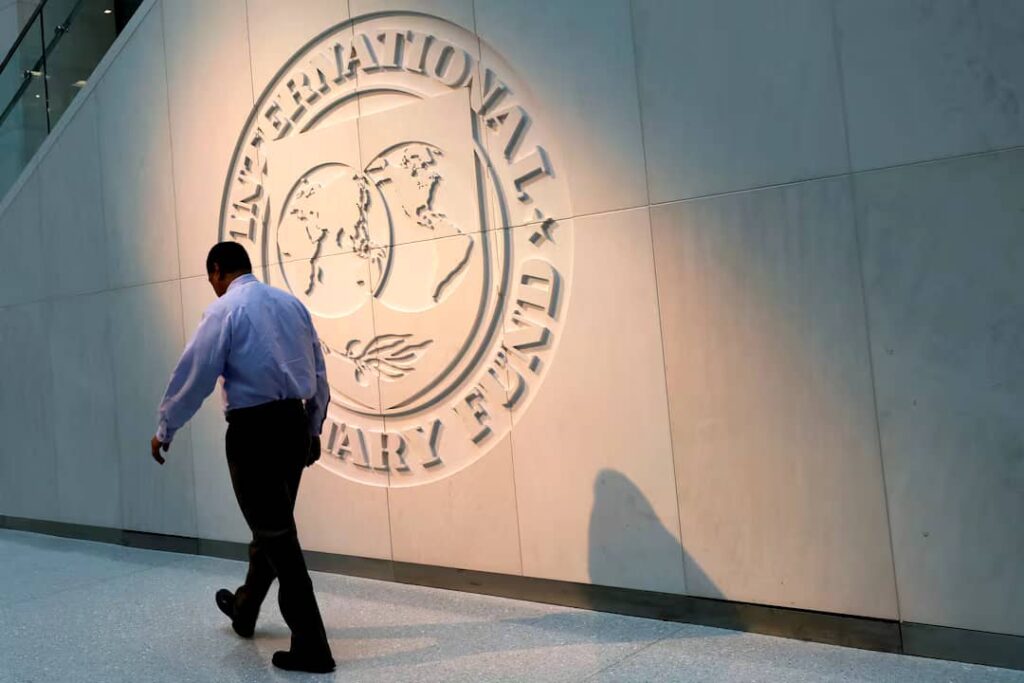By : Lloyd Mahachi
The International Monetary Fund (IMF) has announced significant reforms to its lending policies, effective November 1, 2024, aimed at reducing borrowing costs for member countries amidst a challenging global economic environment.
The International Monetary Fund (IMF) took a landmark step on October 11, 2024, as its Executive Board agreed on a comprehensive package to substantially reduce borrowing costs for its member countries. This move comes at a critical juncture, as the global economy navigates complex challenges.
The reforms, championed by IMF Managing Director Kristalina Georgieva, will have a profound impact on the organization’s lending framework.
At the heart of these reforms lies a 36% decrease in IMF borrowing costs, translating to an annual saving of $1.2 billion. This reduction will benefit numerous countries, with the number of nations subject to surcharges expected to decline from 20 to 13 in fiscal year 2026. The reforms comprise four key components: reducing the margin over the SDR interest rate, raising the threshold for level-based surcharges, lowering the rate for time-based surcharges, and increasing the thresholds for commitment fees.
These changes aim to strike a delicate balance between supporting member countries and ensuring the IMF’s financial stability.
Georgieva emphasized that charges and surcharges remain vital to the IMF’s cooperative lending framework. They cover lending intermediation expenses, accumulate reserves to mitigate financial risks, and incentivize prudent borrowing practices. By maintaining this framework, the IMF can continue providing essential balance of payments support to member countries during times of need.
Notably, the IMF’s Poverty Reduction and Growth Trust will continue to offer financial support on concessional terms, exempt from charges and surcharges. This ensures that low-income members can access critical funding without additional financial burdens. Georgieva underscored that these reforms will enable the IMF to adapt to a rapidly changing world, reaffirming its commitment to supporting its members through economic uncertainty.
The implementation of these reforms on November 1, 2024, marks a significant milestone in the IMF’s ongoing efforts to address the evolving needs of its member countries. By reducing borrowing costs and promoting prudent lending practices, the IMF is poised to play a vital role in fostering global economic stability and promoting sustainable growth.
Editor : Josephine Mahachi

